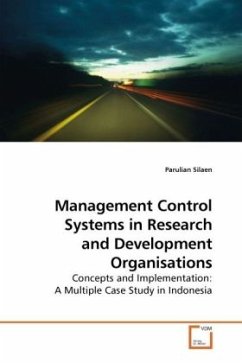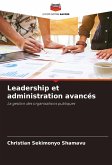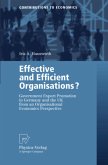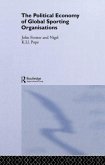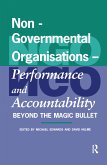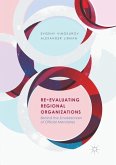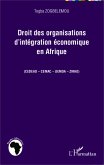R&D units deal with different environments, purposes, goals, and employees compared to non-R&D units. The R&D activity is a learning process, and a non-repetitive task to contribute new knowledge, hence it need different management control systems (MCS). This study develops a MCS framework that consists of four core elements; Desired Ends, Actors, Control Implementation, and Control Tools. The Desired Ends has two components namely Yardstick and Direction. The Actors consists of five components; Behavioural, Motivational, Domination, Power, and Decision Space. The Control Implementation has two components; Control Types and Timing, where the Control Types has Formal and Informal types, and Timing of implementation contains three stages as Input, Process and Output. The framework then is investigated in government R&D units in Indonesia by using a descriptive case study research. The practice of MCS was found to be an archaic and centralised system. It may be influenced by the nature of the R&D, historical, political, and cultural background. The use of control types, tolls and dimension were found to be different along input, process and output control.

